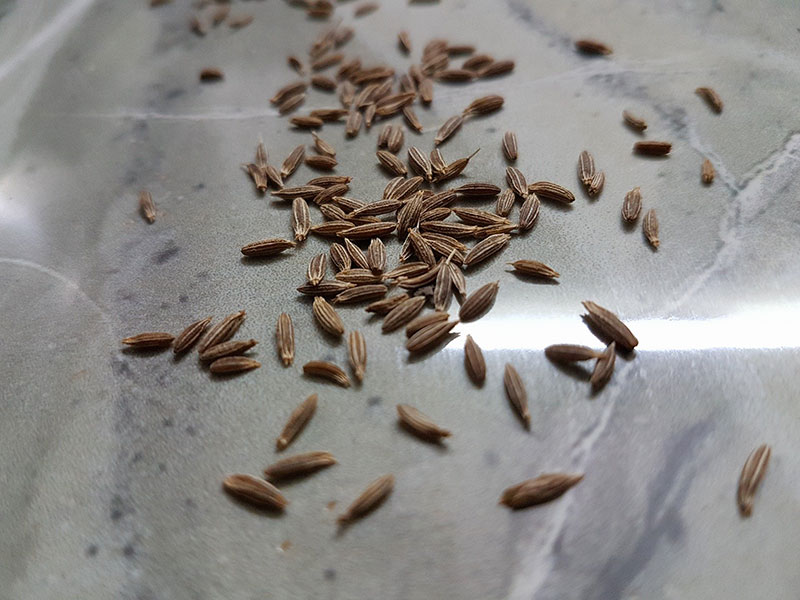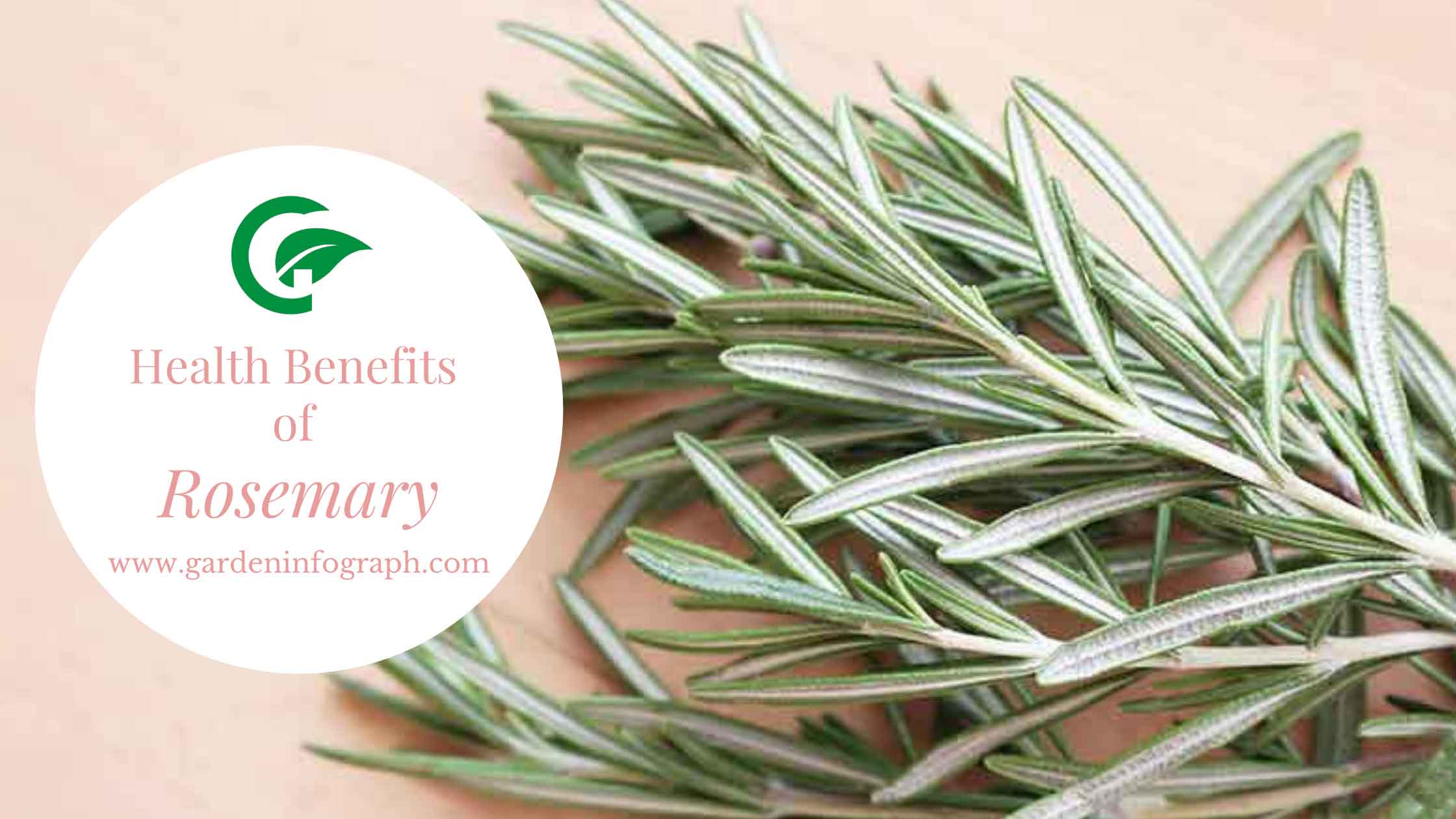What is Ayurveda?
Ayurveda is a healthy-lifestyle system. It has been used by people in India for more than 5,000 years. Ayurvedic herbs promote good health and treatment of illness through lifestyle practices with the help of massage, meditation, yoga, and dietary schedule. It uses herbal remedies. With the treatment of a person’s physical complaints, Ayurveda also changes lifestyle practices to help maintain and improve our health. There are over 600 ayurvedic herbs used for the treatment. But we will focus on the top five ayurvedic herbs, their sources, benefits, and uses. health benefits of ayurvedic herbs health benefits of ayurvedic herbs
Boswellia
Boswellia is also known as Indian frankincense or olibanum. It is made from the resin of the Boswellia serrata tree. This ayurvedic tree is known for it’s easily recognizable spicy and woody fragrance.
Research suggests that it can be really effective for reducing inflammation by preventing the release of compounds known as leukotrienes which cause inflammation.
Boswellia appears to be a really effective and non-steroidal anti-inflammatory drug (NSAIDs), with fewer side effects.
Human studies link Boswellia to the reduction of pain, improved mobility, and a greater range of movement in people with osteoarthritis and rheumatoid arthritis. It also helps to prevent oral infections and fights gingivitis
Moreover, people with ulcerative colitis and Crohn’s disease can have better digestion with the help of Boswellia. It also improves breathing in people with chronic asthma.
The health benefits of boswellia
Brahmi
The scientific name of Brahmi is the Bacopa monitor. It is a staple herb in Ayurvedic medicine.
According to the studies, Brahmi seems to have strong anti-inflammatory properties that are as effective as common NSAIDs.
Brahmi also helps in improvement in learning rates, attention, memory, and information processing. This ayurvedic herb helps in reducing symptoms of attention deficit hyperactivity disorder (ADHD) which includes attention, impulsivity, poor self-control, and restlessness.
More studies suggest that Brahmi may have adaptogenic properties. It means that Brahmi may help in improving your body’s ability to deal with stress and anxiety. However, no strong conclusion is made.
The medicinal Ayurvedic herb brahmi
Cumin
Cumin is a native spice of the Mediterranean and Southwest Asia. It is made from the plant Cuminum cyminum, which is known for it’s distinctive nutty and spicy flavor.
Research shows that cumin can boost up the activity of digestive juices and facilitate the release of bile from the liver. This speeds up the process of digestion and easing the digestion of complex compounds.
Studies have linked this Ayurvedic spice to the cure of irritable bowel syndrome (IBS). It includes abdominal pain and bloating
In addition, cumin can protect against type 2 diabetes by lowering blood sugar levels and improving sensitivity of insulin. This ayurvedic spice may also protect against heart disease by increasing HDL (good) cholesterol and also reduce bad cholesterol.
Cumin also appears to contain antimicrobial properties that may reduce the risk of certain foodborne infections.
Cumin: Benefits and side effects
Ashwagandha
The scientific name of ashwagandha is Withania somniferous. It is a small woody plant which native to India and North Africa. The root and berries of this plant are used to produce a very popular Ayurvedic remedy.
Ashwagandha is considered an adaptogen, which means that it can help your body to manage stress more effectively. Research has shown that it reduces cortisol, a hormone that is produced by adrenal glands in response to stress.
Further studies link ashwagandha to lower levels of anxiety and improved sleep in people with stress and anxiety disorders.
Moreover, research shows that ashwagandha can enhance the growth of muscles, memory, and male fertility, with lower blood sugar levels.
This ayurvedic medicine can help in reducing inflammation and boost the immune system.
Ashwagandha: health benefits and side effects
Turmeric
Turmeric is one of the most commonly used spices that gives curry its characteristic yellow color. It is also a very popular Ayurvedic remedy.
Curcumin is the main active compound of turmeric. It has powerful antioxidant and anti-inflammatory properties. Research shows that it can be equally or maybe even more effective than some anti-inflammatory drugs because it has up to side effects.
Turmeric can also help to protect against heart disease. It improves blood flow as effectively as while exercising or certain pharmaceutical drugs. The study further suggests that it may be as effective as Prozac which is a drug that is commonly used to treat depression.
Moreover, the compounds in this ayurvedic spice can help preserve brain function by increasing levels of brain-derived neurotrophic factor (BDNF). Low levels of this disease can lead to disorders like Alzheimer’s and depression.
The positive and negative health effects of turmeric
Here at garden infograph we try to bring in front of you many relatable topics that are can add up to a healthy diet in your homes to keep your family and friends healthy. Some topics that we have covered are cardamom, basil, neem, black pepper, fennel, lettuce, cold remedies, fruits for weight loss and you will find many more.
 Garden infograph We provide our best experinces about plants
Garden infograph We provide our best experinces about plants









